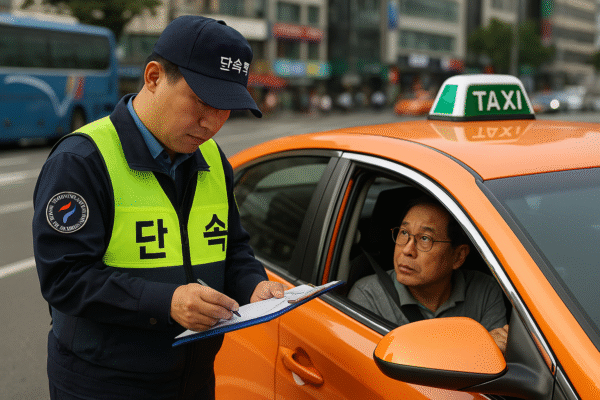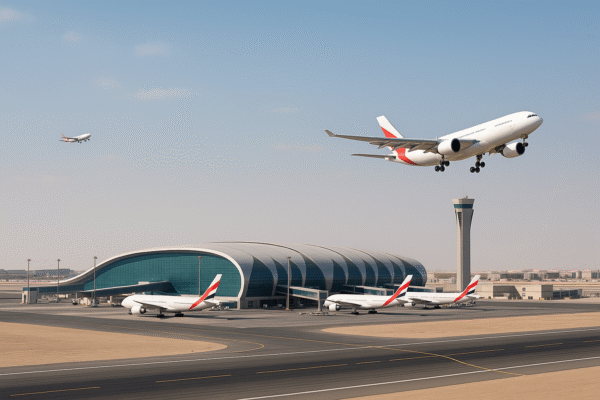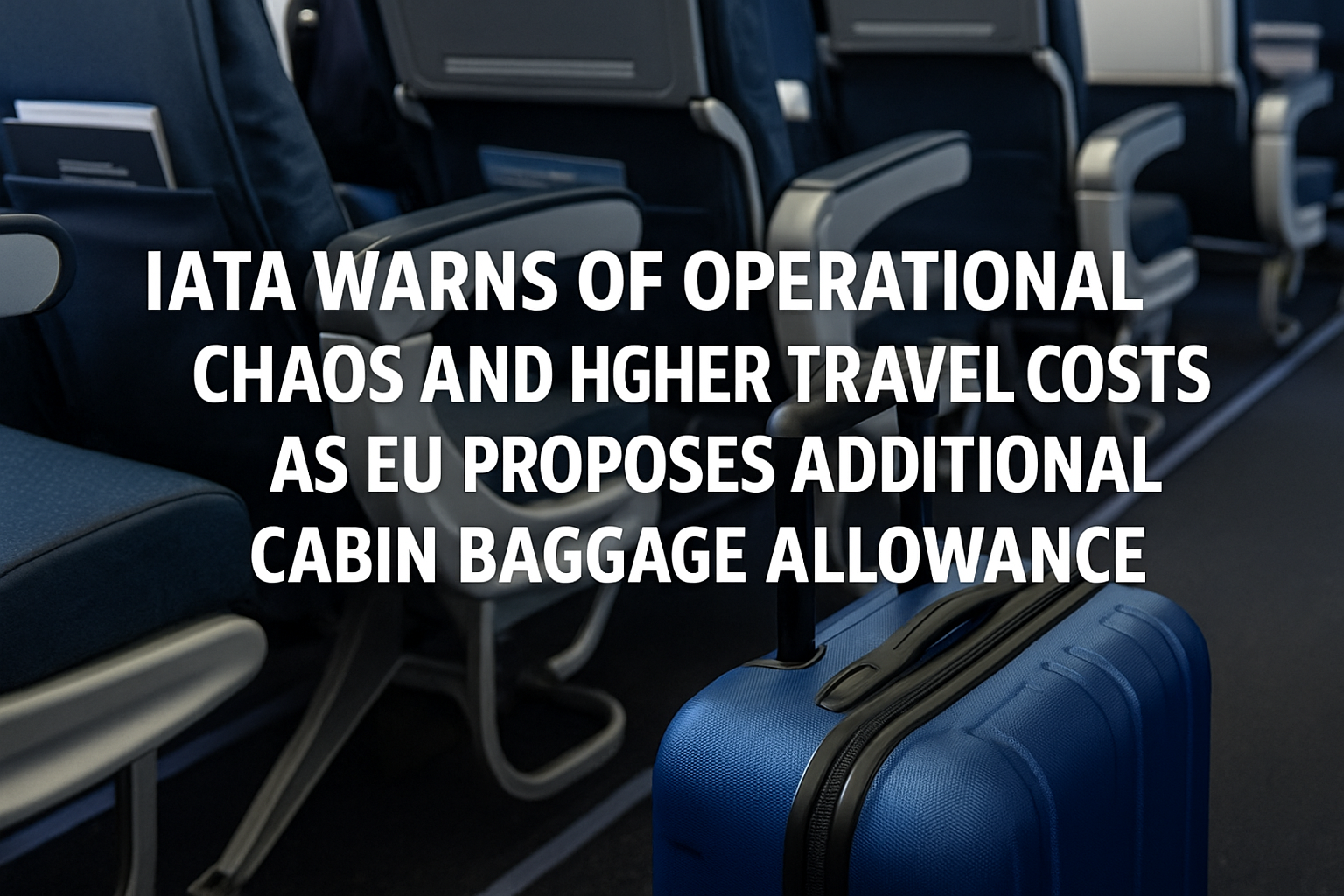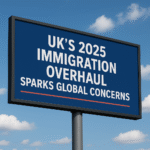The European Parliament’s recent proposal to mandate additional cabin baggage allowances for all passengers has stirred significant controversy within the airline industry. The International Air Transport Association (IATA), which represents airlines worldwide, has voiced strong concerns over the potential negative effects of the legislation, predicting operational chaos, higher travel costs, and inefficiencies that would impact both airlines and passengers.
The proposal stems from the amendment to the Passenger Rights (2023/0437) regulation, which would require airlines to offer an additional 100 cm cabin bag to all passengers without any extra charge. While this may appear to be a consumer-friendly move aimed at providing more baggage space for passengers, IATA warns that it may inadvertently backfire, leading to numerous complications in the airline industry.
The Proposal and IATA’s Response
The European Parliament’s Transport (TRAN) Committee proposed this measure in response to the growing demand for more baggage space on flights. However, IATA Director General Willie Walsh expressed his disapproval, claiming that the intervention by the European Parliament could have unintended consequences for airlines and passengers. Walsh emphasized that this decision could increase complexity, raise operational costs, and hinder the efficient functioning of airlines.
“When regulators meddle in commercial or operational issues they don’t understand, they usually get it wrong,” Walsh said. “Our consumer research tells us that the majority of travelers want to pay the lowest price possible for their ticket and buy the additional services they need. This amendment would force airlines to re-bundle their offerings, resulting in higher costs for all passengers and operational chaos.”
IATA’s criticism centers on the fact that the regulation would force airlines to offer services they do not currently provide, such as free cabin baggage allowances for all passengers. Airlines typically offer passengers the flexibility to choose and pay for services they need, such as baggage allowances. The new regulation could upset this system, leading to an increase in base ticket prices for all passengers to accommodate the additional baggage cost, even for those who do not need it.
The Operational and Financial Impact of the Proposal
IATA’s primary concern is the financial strain the regulation could impose on airlines. The requirement to offer free cabin baggage to all passengers would require airlines to adjust their pricing models, potentially raising the cost of airfare for all passengers. Since many passengers currently purchase additional baggage allowances on a voluntary basis, mandating these allowances for all passengers would force airlines to absorb the extra cost, which would likely be passed on to consumers.
Moreover, IATA points out the operational challenges that airlines would face in implementing this regulation. Determining which bags meet the new requirements for free inclusion could create confusion and delays, particularly during busy travel periods. The added baggage could slow down boarding processes, increase turnaround times for flights, and potentially lead to more flight cancellations or delays. Airlines would also need to invest in additional resources to manage the new baggage logistics, further escalating operational costs.
Consumer Preferences and the Impact on Airline Revenue
The proposed regulation also contradicts the preferences of most travelers, according to IATA’s research. A consumer survey conducted in April 2025 revealed that 72% of travelers prefer to pay the lowest possible price for their tickets and add services like baggage only if necessary. Only about 30% of passengers typically opt to pay for cabin baggage, meaning the majority of travelers would end up subsidizing the cost of free baggage allowances for others.
IATA argues that this approach creates an unfair situation where the majority of passengers would bear the financial burden of additional services they do not require. This could reduce the affordability of air travel for average consumers, potentially leading to decreased demand for flights, particularly among price-sensitive travelers.
The Potential for Delays and Increased Costs
IATA further warns that the regulation could introduce significant inefficiencies and delays into the airline industry. Airlines are already operating under tight financial margins, with rising fuel costs, labor expenses, and other operational challenges. The introduction of additional baggage allowances would require airlines to invest in new infrastructure and operational adjustments to handle the increased baggage, which could strain their already limited resources.
Moreover, the inefficiencies introduced by the new baggage regulations could create delays at airports, particularly during peak travel seasons. Passengers could experience longer wait times at check-in counters, security checks, and boarding gates, which would undermine the overall passenger experience.
A Call for Regulatory Restraint
In response to the European Parliament’s proposal, IATA has urged EU lawmakers to reconsider the need for additional regulation in areas where existing frameworks are already sufficient. IATA advocates for a more flexible approach that allows airlines to continue offering a variety of services that meet the diverse needs and preferences of their customers. Such an approach would allow for greater competition, more affordable travel options, and better overall service for passengers.
IATA also cautioned against overregulation, which could stifle innovation and create inefficiencies within the airline industry. The airline industry is already highly regulated, with strict safety standards and operational guidelines in place. IATA believes that further regulation in areas like cabin baggage allowances could limit airlines’ ability to operate efficiently and provide cost-effective services.
Conclusion: A Complex Issue
The European Parliament’s proposal to mandate additional cabin baggage allowances for all passengers is a complex issue that could have significant ramifications for the airline industry. While the regulation may appear to be a consumer-friendly move, IATA’s concerns about increased costs, operational inefficiencies, and negative financial impacts cannot be ignored.
As the European Parliament moves forward with discussions on this proposal, it is important for lawmakers to carefully consider the potential consequences of such a measure. Any changes to airline policies must be made with a full understanding of the operational and financial realities of the airline industry. If the proposal moves forward, it will be important to ensure that the implementation of these changes does not disrupt the efficiency of the airline industry or lead to higher costs for passengers.
For the future of European air travel, finding a balanced approach that benefits both consumers and the airline industry will be crucial. Only through careful consideration of the diverse needs of both passengers and airlines can we ensure a sustainable and efficient travel experience for all.
For more travel news like this, keep reading Global Travel Wire
















